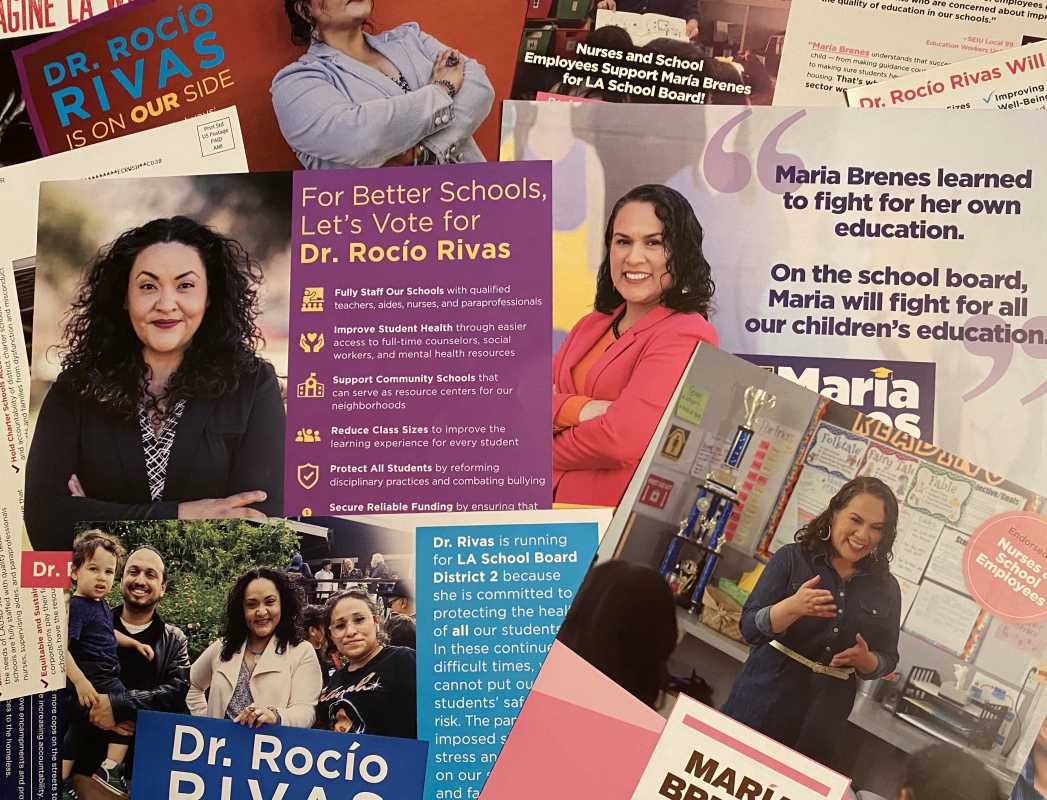Education
LAUSD School Board Races: Challenges and the Impact of the Pandemic

The Los Angeles Unified School District (LAUSD) faces a multitude of challenges, particularly exacerbated by the COVID-19 pandemic. With over 538,000 students across both traditional public and charter schools, LAUSD is the second-largest employer in the county, employing more than 74,000 educators, administrators, and support staff.
Unlike other major cities where the mayor controls the school board, in Los Angeles, the school board is directly elected by voters. This makes LAUSD the site of some of the most competitive and contentious school board races in the nation. It also means that the mayor has no direct control over the school board, making Los Angeles the largest city in the country with this unique arrangement.
LAUSD operates independently of City Hall, despite being enshrined in the L.A. City Charter. Additionally, the district oversees the school systems in several other cities in L.A. County, including West Hollywood and South Gate.
The pandemic has further highlighted existing challenges within the district, including enrollment issues, student learning difficulties, attendance problems, and mental health concerns. In response, the district implemented various measures, such as providing COVID-19 testing for educators and support staff in 2023.
One significant decision made by the school board was to redirect $25 million from the school police department’s annual budget towards the Black Student Achievement Plan. This plan aimed to allocate funds for counselors, social workers, curriculum changes, and community partnerships. However, advocates argue that the funding distribution has been unequal, and resources have not been evenly distributed among all schools.
Another challenge facing LAUSD is the lack of “green” space in many schools. A majority of LAUSD schools lack adequate outdoor space for students to play and learn. Although the district has allocated significant funds for greening efforts in the past two years, there is still a lack of a comprehensive plan to ensure that resources are distributed efficiently, especially to schools with the greatest need. It is estimated that it could take decades to fully implement greening efforts.
Early learning and care is another critical issue for LAUSD. With the aim of offering pre-kindergarten classes to all 4-year-olds in California within the next four years, LAUSD has begun expanding access to transitional kindergarten (TK) with COVID-19 relief funds. However, studies show that poor adoption of universal pre-K programs can negatively impact young learners. While the superintendent is responsible for executing such initiatives, the school board ultimately holds the accountability.
In the upcoming March primary, four LAUSD board districts are up for election. Incumbent board vice president Scott Schmerelson and member Tanya Ortiz Franklin are both running to retain their respective seats in the District.












